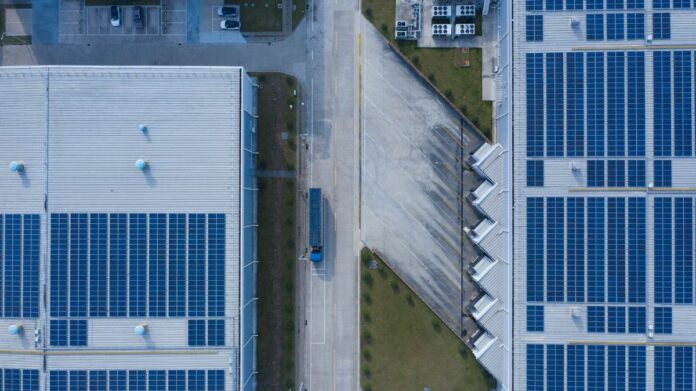
ROME (ITALPRESS) – The Taizhou production plant has used biogas, making it the first Volvo plant in China to achieve climate neutrality. The plant’s transition from natural gas will result in a reduction of more than 7,000 tons of CO2 per year. Although for Volvo Cars this is a small fraction of the total production of Scope 1-3, equal to 43 million tons, being able to rely on a climate-free energy source for the Taizhou factory represents an important step towards achieving the goal of making of air. -neutral manufacturing operations by 2025 and reduce emissions in all operational activities worldwide. This ambitious goal is also part of the broader goal of achieving zero greenhouse gas emissions by 2040.
Like all Volvo production plants worldwide, the Taizhou factory already used climate-neutral electricity; this latest initiative now ensures that the plant’s heating is also climate-free. After the Torslanda plant in Gothenburg, Sweden, this is the second Volvo car plant worldwide to achieve climate neutrality. “We act quickly when climate-free energy alternatives become available,” explains Javier Varela, Chief Operating Officer and Deputy CEO of Volvo Cars. “The conversion to biogas at the Taizhou plant shows how each of our production sites around the world defines its climate-free energy mix, based on what is available in a specific geographic area.”
The power supply for the Taizhou factory includes electricity and heat. About 40% of electricity demand is generated by on-site solar panels, and this percentage is expected to increase in the coming years. The remaining 60 percent comes from the national grid and in turn is made up of photovoltaic electricity, which is not climate-friendly. Thanks to the recent conversion, the heating needs are met using unweathered biogas. Volvo Cars recently expanded its sustainability strategy with the introduction of ambitious new goals for the coming years. The new target to reduce greenhouse gas emissions by 2040 adds to the previous one that sought to achieve climate neutrality by 2040 and makes it clear that the car manufacturer’s priority is to reduce actual emissions before moving on to eliminating CO2, in order to reduce unavoidable emissions . . Automaker distributors are also encouraged to do the same.
Since the publication of Volvo Cars’ first sustainability strategy in 2019, much progress has been made to achieve its climate goals. In addition to reducing CO2 emissions from operational activities as a whole by using 74 per cent climate-neutral energy, the Group is making significant progress towards achieving its overall CO2 targets.
photo: Volvo Italia press office
(ITALPRESS).

























